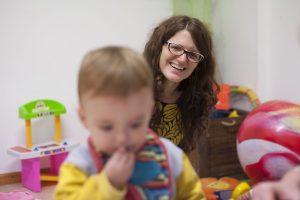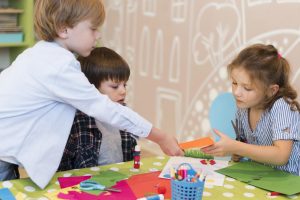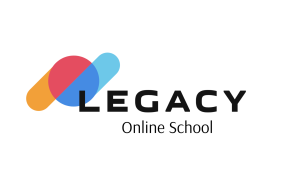Contents
There has been a significant increase in the number of children being homeschooled. Parents of more than 3.7 million children in the United States are homeschooling in 2024, according to Brighterly. A strong curriculum is crucial in homeschooling, particularly for core subjects.

Kindergarten Science is the study of basic scientific ideas. This subject helps children explore the natural world, try simple experiments, and build curiosity. Let’s learn more about Science for kindergartners.
What Is Kindergarten Science?
Kindergartens are very curious and explore everything around them. Kindergarten Science takes advantage of this by helping children learn about the world through simple experiments and observations. This helps kids think critically and prepares them for future learning.

Key Topics in Kindergarten Science
Let’s take a closer look at the key topics covered in Kindergarten Science.
Critical Thinking Development
Kindergartens begin to ask a lot of questions, such as why things happen or how they work. Children start making guesses, or predictions, about what will happen next. Kids learn to test their ideas and think logically about the results through different experiments. This is the start of learning how to think critically and scientifically.
Natural Phenomena
Children are curious about everything, happening around them. Little learners notice changes in the weather, like when it rains or the sun comes out. Kids see how plants grow and how animals change with the seasons. Simple activities, such as watching water evaporate or freeze, help children understand the patterns in nature and how things around them change.

Basic Physics And Chemistry
Kindergarten is the perfect time to introduce kids to basic physics and chemistry. Children learn about gravity by rolling balls or watching things fall. Kids notice how different materials change. Children begin to understand how substances interact and react with each other. These experiences lay the groundwork for more complex science topics in the future.
Key STEM Concepts for Kindergarten
Kindergarten Science includes basic math and technology. Kids learn to measure and count things to understand the world around them. Children use simple tools, like magnifying glasses, to look at things closely. Exploring the world with these tools helps kids build skills in Science, Technology, Engineering, and Math (STEM).
Teaching Methods for Kindergarten Science
Let’s explore methods to help teach Kindergarten Science effectively.

Learning Through Play
Play is the instinctive manner through which kids learn and understand. Children can build with blocks, play pretend, or explore nature during outdoor games. Kids understand the scientific concepts of balance, motion, and change with games. Such a way to learn keeps children engaged and curious.
Simple Experiments
It is very important for children to test their knowledge through experiments. Children grow a bean in a jar to understand the life cycle of plants. The mixture of baking soda and vinegar gives kids knowledge about reactions in a funny way. Basic concepts about water can be explored by children through observing how objects sink or float. Ice melting shows kids how solids turn into liquids.
The Role of Parents in Teaching Kindergarten Science
Parents play a very important role in developing curiosity and supporting learning at home. Their involvement motivates kids to ask questions and explore more. It strengthens the child’s understanding and excitement when parents participate in experiments. Active support helps children find science fun and meaningful.

How Does Science Form the Foundation for Other Subjects in the Future?
Science builds the skills needed to approach any challenge with curiosity and logic. It enhances problem-solving, a very vital skill in math and other subjects. Doing science allows the strengthening of communication skills since kids learn to describe experiments and results. The hands-on nature of science cultivates a discovery attitude, helping children connect ideas across different fields. Early science learning sets the stage for understanding complex concepts in areas like technology, engineering, and even the arts.
Awesome Learning with Legacy Online School
“The teacher quickly found a common language with the child. You have a very good team in general in terms of iron patience and obvious love for children”
Parent’s review, Niche

Legacy Online School offers a flexible education with unique benefits. Here’s what makes our school stand out:
- Our school’s curriculum won an award, showing the high quality of education our students receive
- Each student gets a tailored plan based on their strengths and interests. Teachers are always there for students, helping them become their best selves
- Parents stay involved through an online portal, keeping track of their child’s progress and communicating with teachers
Legacy Online School creates the best conditions for every student. Our education offers high quality for students and affordability for parents.











